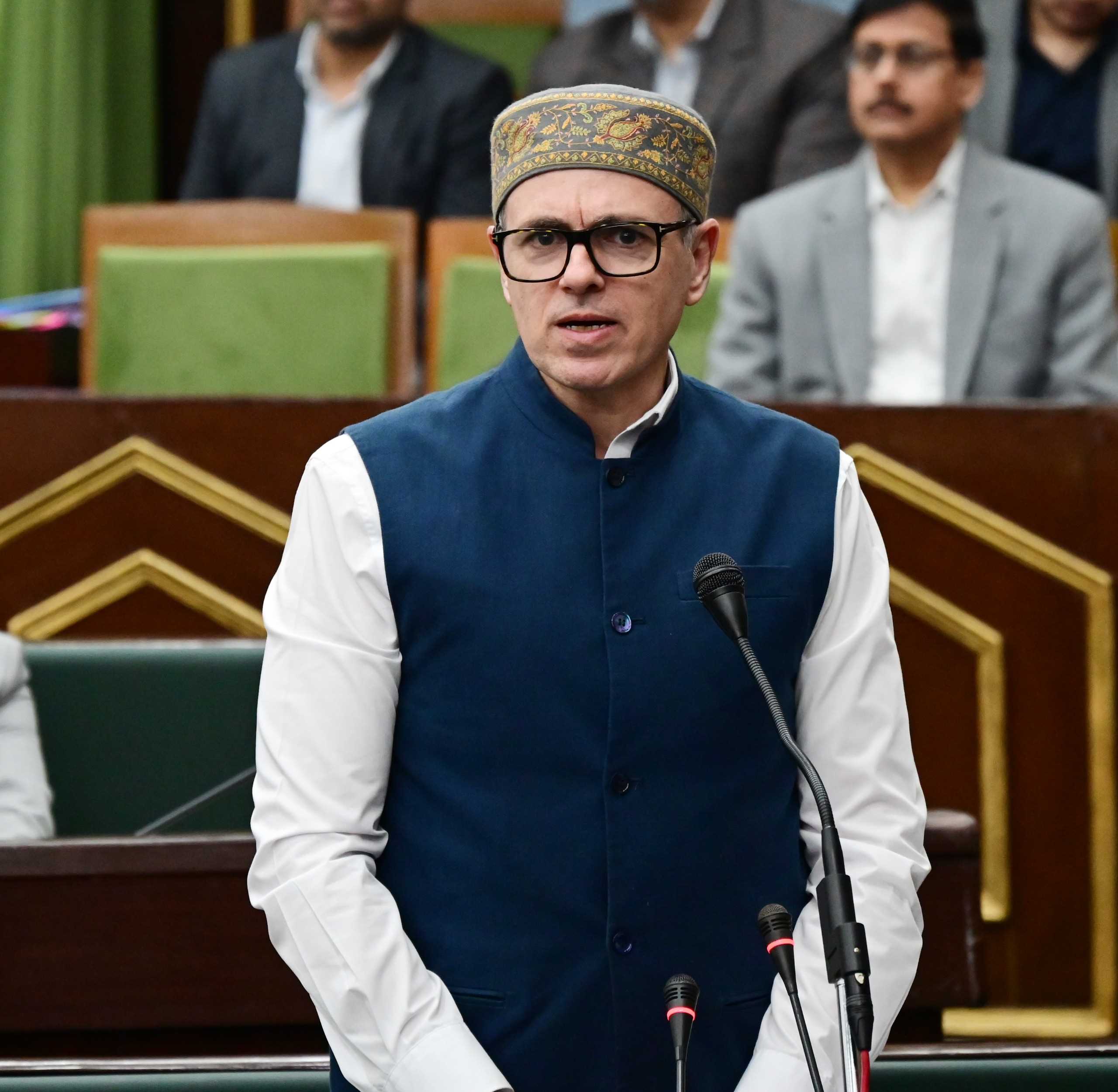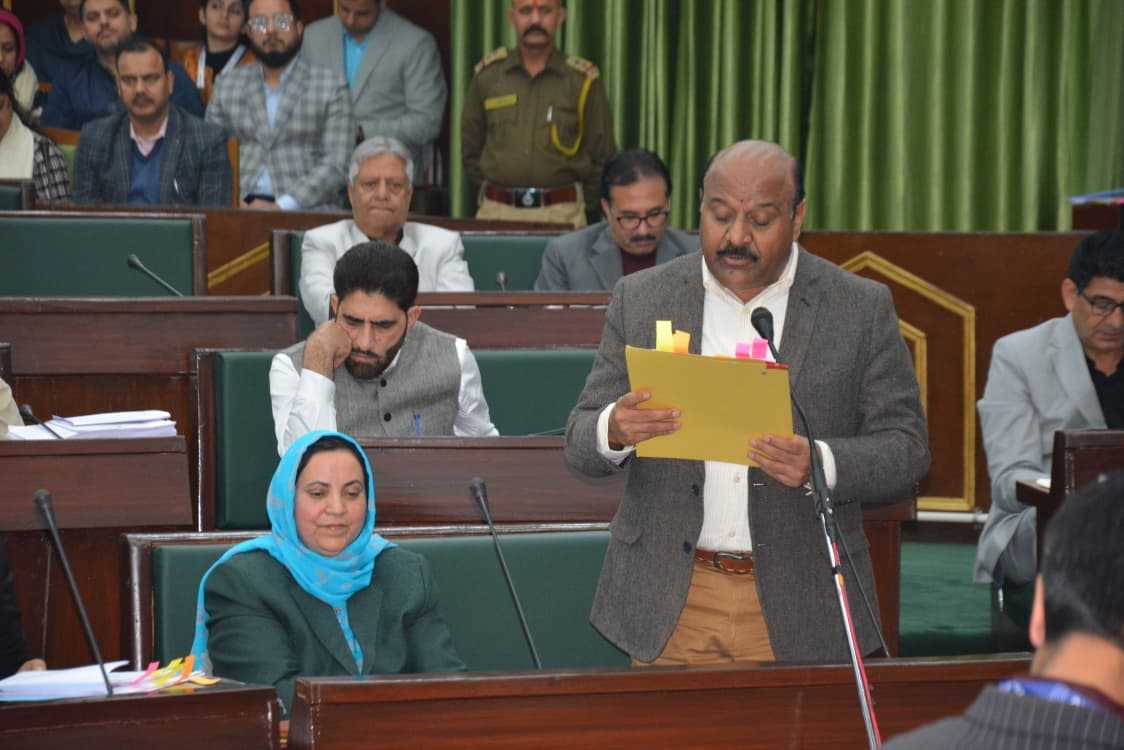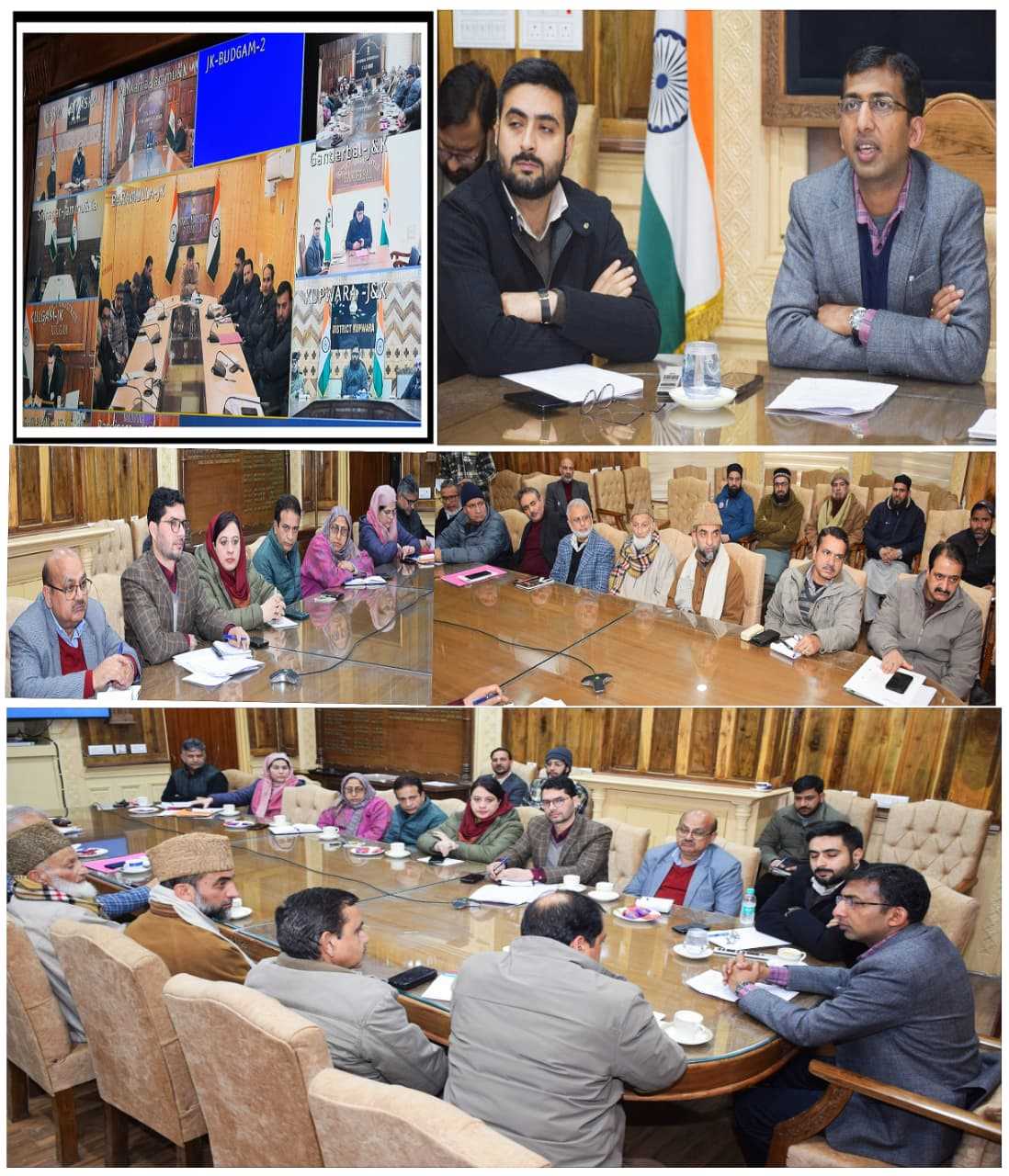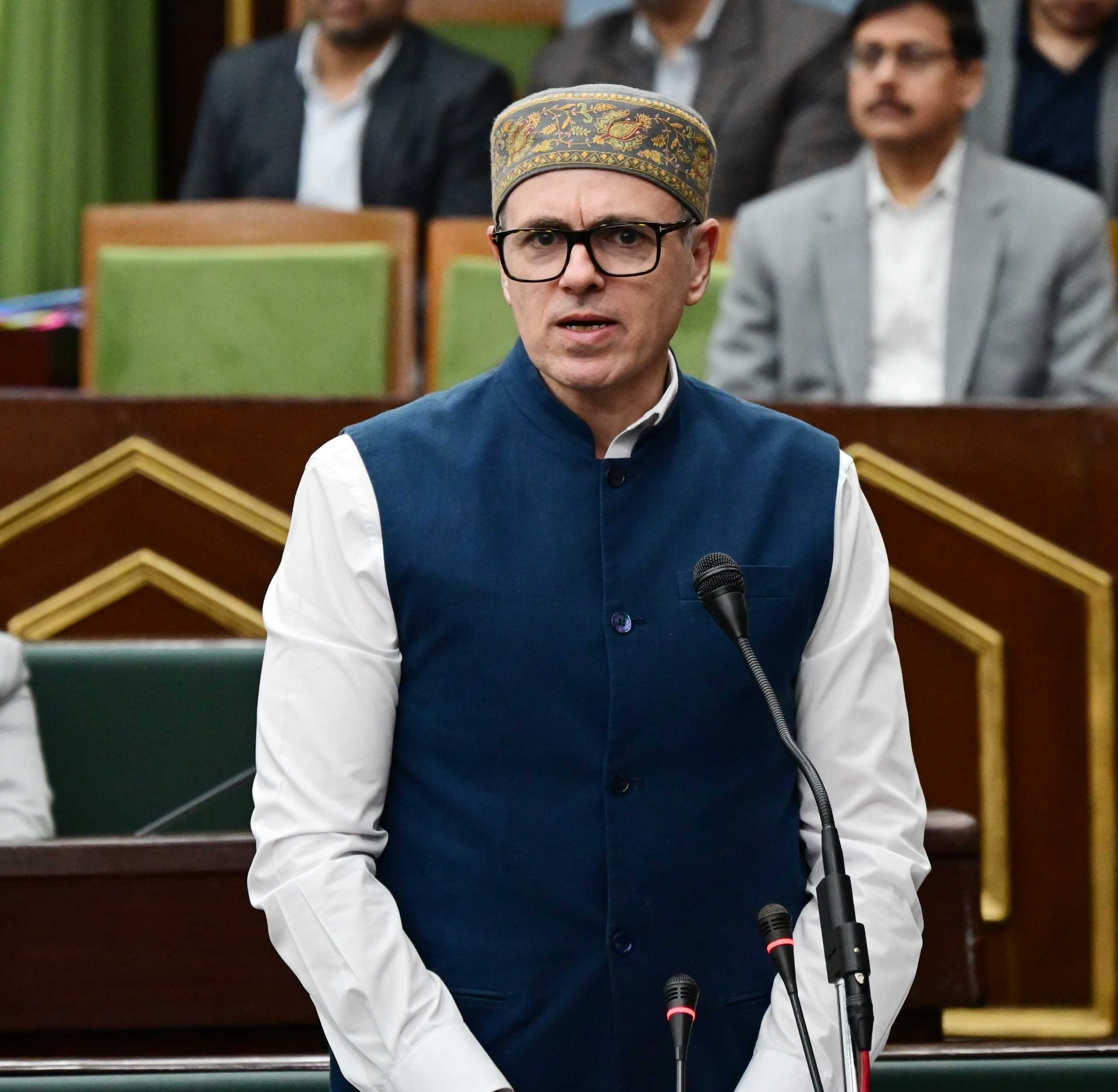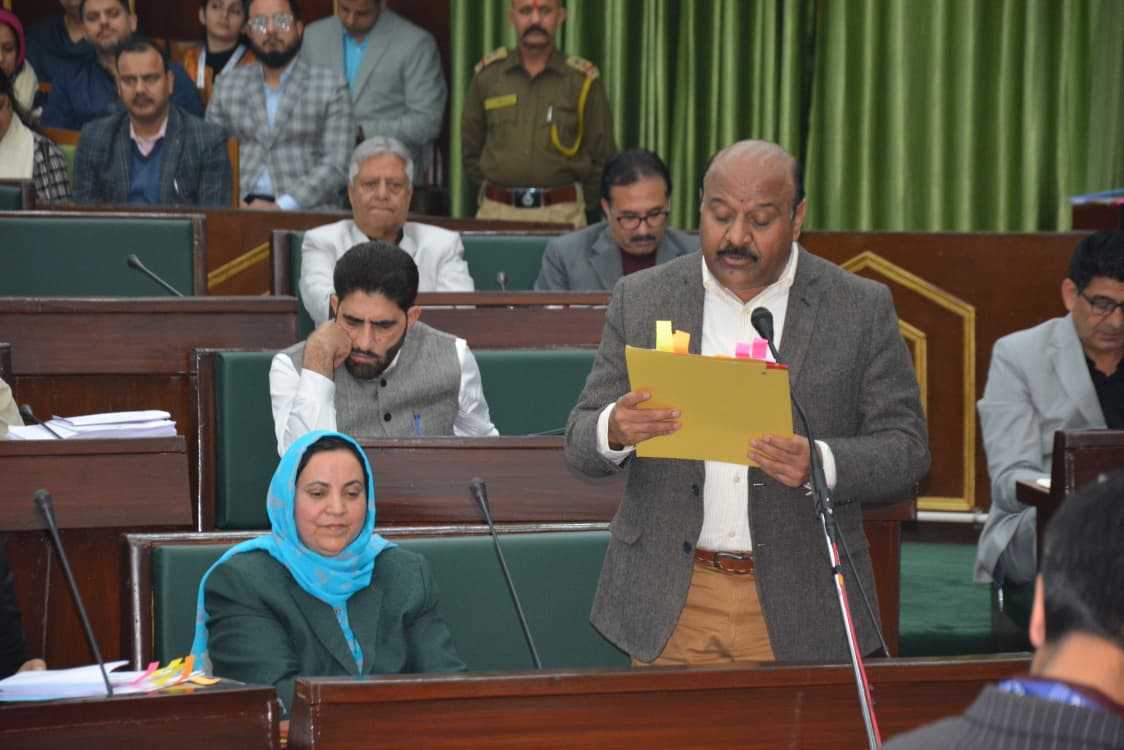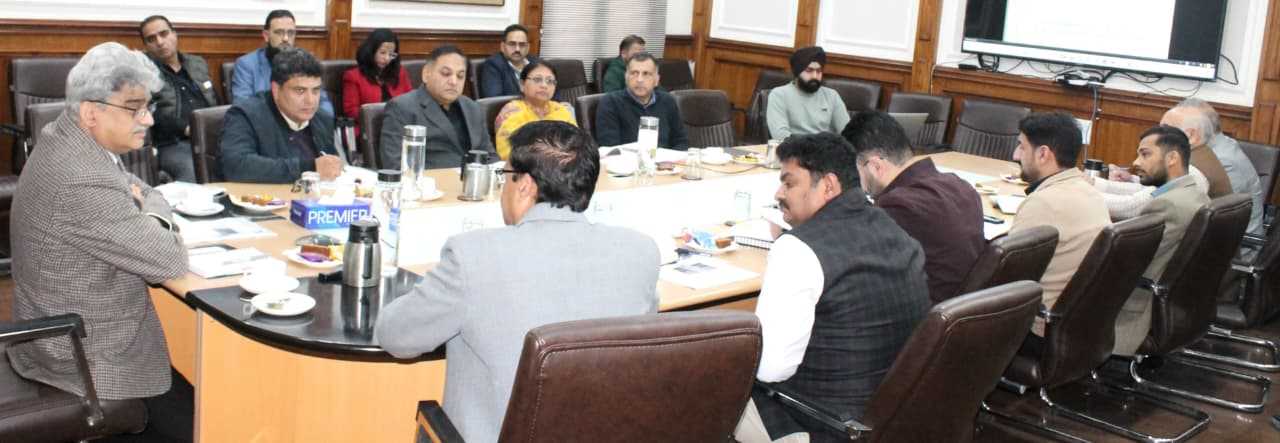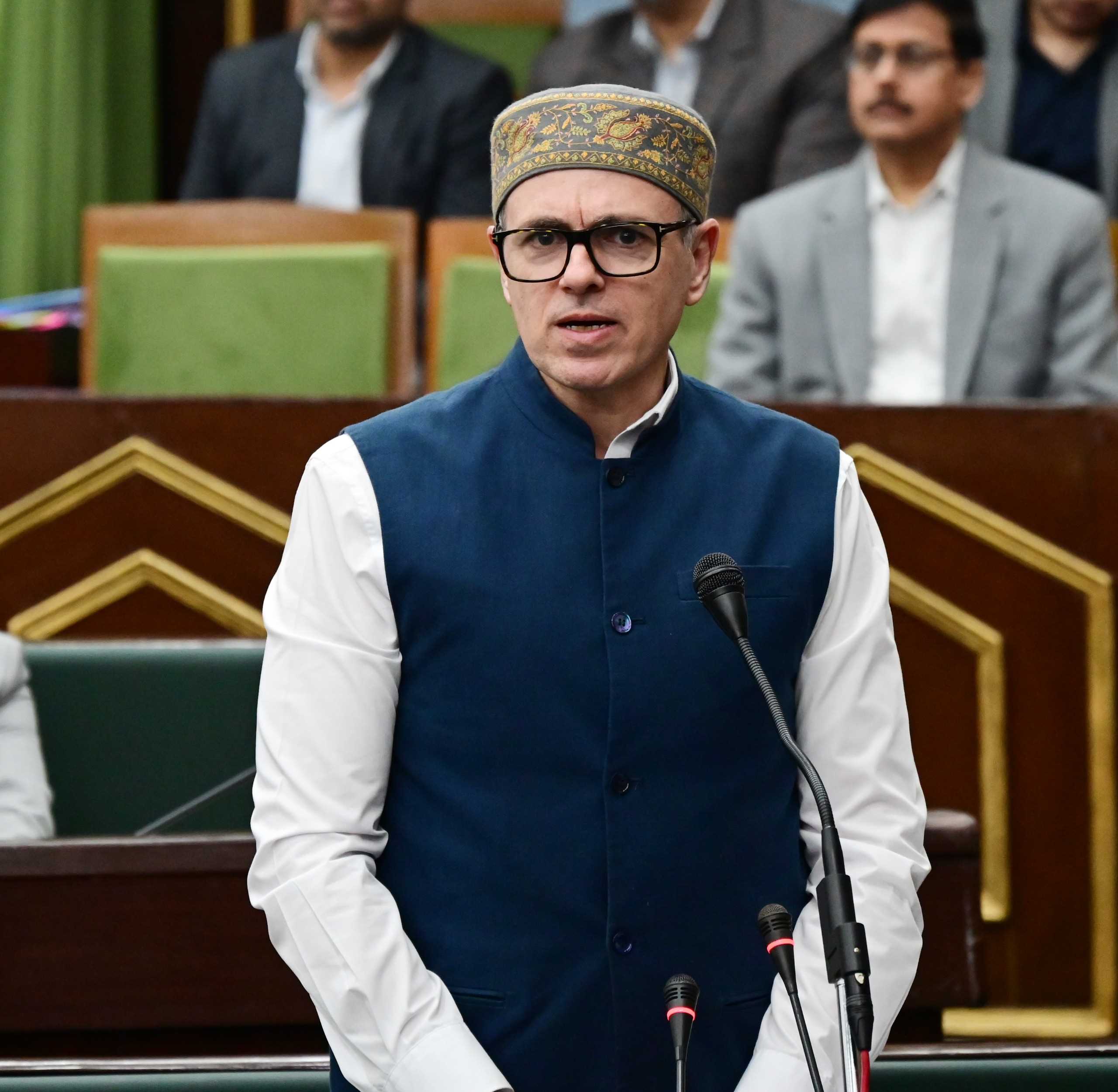11111111111111111111111The long-awaited Free Trade Agreement (FTA) between India and the European Union (EU) is finally set to be concluded this year, marking a significant milestone in the evolving relationship between the two global economic powerhouses. After years of negotiations, Prime Minister Narendra Modi and European Commission President Ursula von der Leyen reaffirmed their commitment to strengthening economic and strategic ties through deeper trade, technology, connectivity, and defense cooperation. This agreement, once finalized, will not only unlock immense economic opportunities but also elevate the India-EU partnership to a new level of global significance. The India-EU trade relationship has long been substantial, with the EU being India’s third-largest trading partner. In 2023, bilateral trade surpassed $130 billion, covering sectors such as pharmaceuticals, machinery, chemicals, and services. However, an FTA will further remove trade barriers, reduce tariffs, and create a more predictable business environment for companies on both sides. For our country, this agreement opens doors to greater access to European markets, fostering growth in industries like textiles, information technology, and automobile manufacturing. For the EU, India’s vast consumer base and rapidly expanding economy offer a lucrative destination for investment and trade expansion. Beyond economic benefits, the FTA is also strategically significant. The EU has been seeking to diversify its supply chains and reduce dependencies on China, making India a crucial partner in global trade realignment. At the same time, we are actively working to strengthen our manufacturing sector and position ourselves as an alternative hub for global industries. The FTA will accelerate this shift, encouraging European investments in India’s Make in India initiative and boosting joint ventures in critical sectors like renewable energy, artificial intelligence, and green technology. The agreement also reflects a broader geopolitical alignment. With increasing instability in global trade due to the Russia-Ukraine war and growing tensions in the Indo-Pacific, India and the EU find themselves increasingly aligned on global governance, security, and multilateralism. The inclusion of defense cooperation in the broader framework of discussions signals a willingness to enhance military and strategic collaboration, a move that could reshape regional security dynamics. However, challenges remain. Differences over intellectual property rights, labor standards, and agricultural policies have historically delayed negotiations. Ensuring a balanced agreement that protects domestic industries while fostering open trade will require careful diplomacy and mutual concessions. As India and the EU move towards finalizing this landmark deal, the potential benefits far outweigh the obstacles. The agreement will not only boost economic growth but also reinforce India’s position as a key player in global trade while strengthening its partnership with Europe in an increasingly uncertain world.


